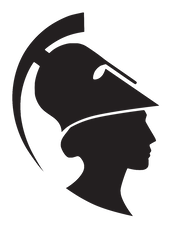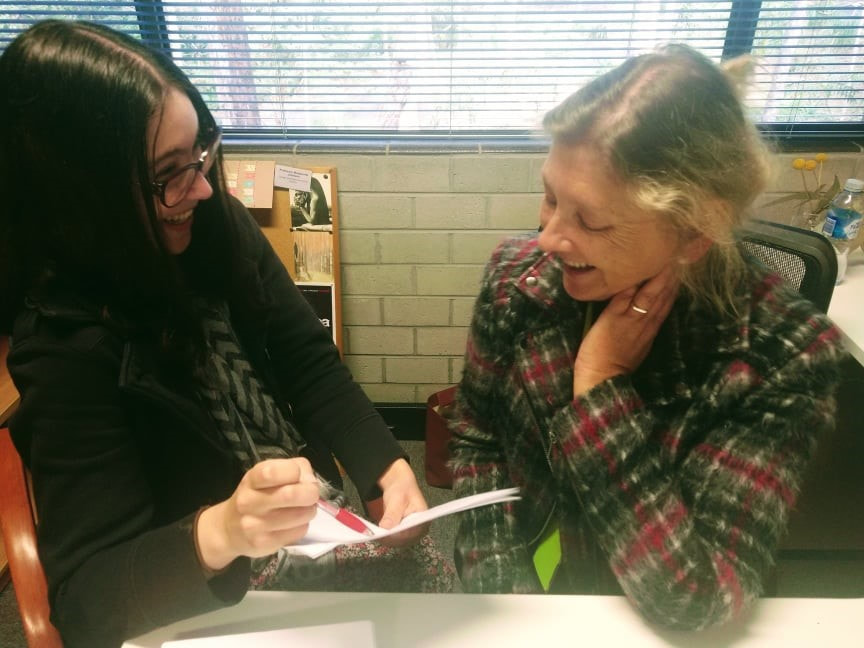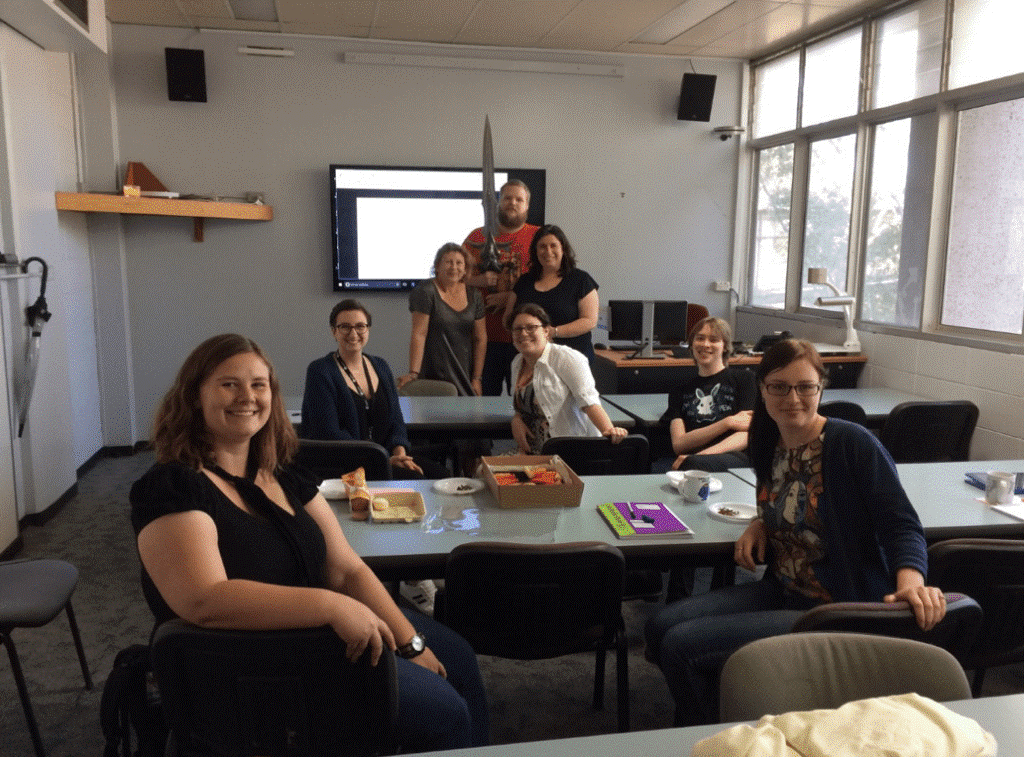Interview by Connie Skibinski |
Blog Subjects
All
About the BlogThe contribution made by women to ancient world studies in Australia and New Zealand has often been neglected. Our blog aims to bring you new research and insights into some of these remarkable women. Write for the BlogWe are currently seeking contributors to the blog. If you would like to write your own entry on any aspect of the history of women in ancient world studies, please get in touch with your idea and a draft outline of your entry via socawaws@gmail.com Archives
January 2024
|



 RSS Feed
RSS Feed